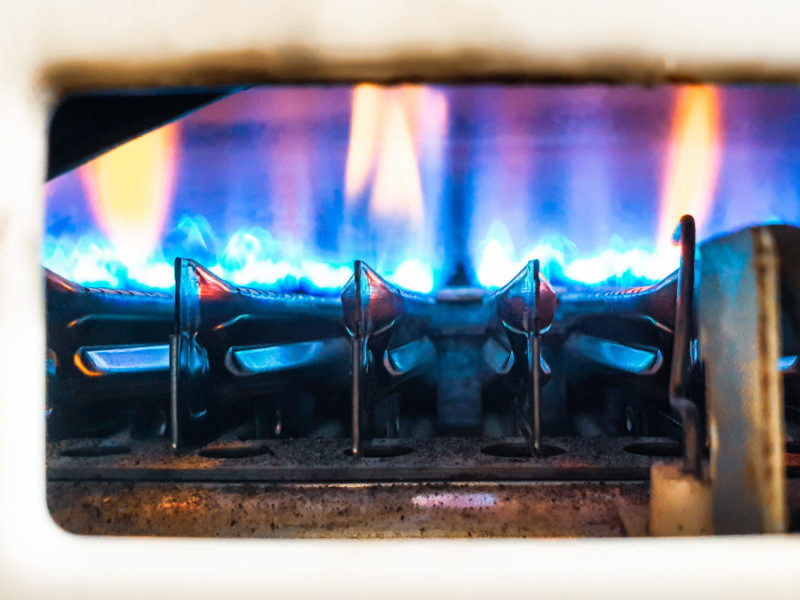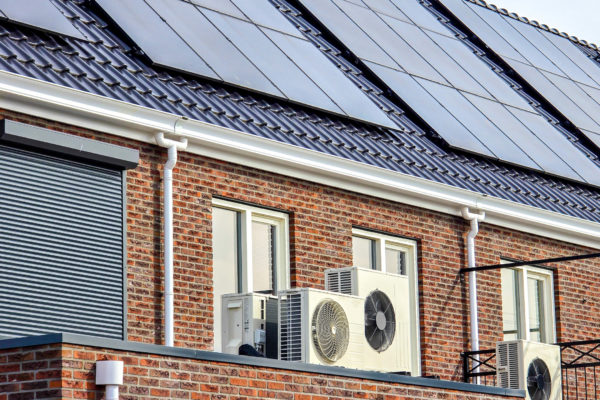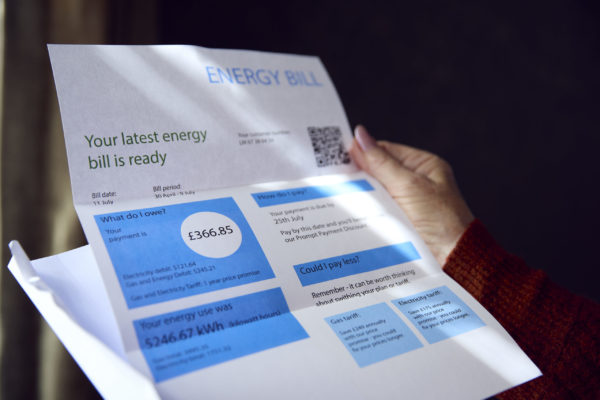Recent research by SIB has revealed that EPC audits are advising community buildings to spend tens of millions of pounds on new gas boilers. This would lock them into fossil fuel use for years to come, precisely at the time when the sector needs to push towards Net Zero.
Bringing EPC recommendations into the future
There is no way community buildings can decarbonise fast while also spending tens of millions on new gas boilers. Of course, not all community buildings are immediately suitable for a heat pump, but the EPC system should be helping to drive change, not hinder it.
Problems like this explain why the Government’s target of 600,000 heat pump installations per year by 2028 is so far off track – we only hit 40,000 installations in 2023. To reach Net Zero, many existing EPC recommendations will have to be ignored, and in the future the EPC system must be geared more towards recommending heat pumps.
Financial support is also needed
Unfortunately, installation costs of heat pumps are still too expensive for many community groups. So, alongside changing EPC audits, upfront support is needed.
Access to funding through the Boiler Upgrade Scheme is currently insufficient: the cap on the size of heat pumps it will fund, and the limit of support at £7,500, means many larger community buildings can’t apply.
The Government has said that “larger installations will be supported through other government funds including the Public Sector Decarbonisation Fund, the Industrial Energy Transformation Fund, and the Green Heat Network Fund”. But in our experience these pots of money are hard to access for community buildings. This has led to the gulf between the scale of installations needed and the support available for heat pumps.
Here at SIB, our Energy Resilience Fund is helping close this gap. We are rolling out funding for the heat pumps many of these buildings want and need. Lots of community groups are keen and ready to install a heat pump, but just need the money to help make the change.
Electricity costs need to fall
The high cost of electricity in the UK is also slowing heat pump rollout. Countries with lots of heat pumps have one thing in common – cheap electricity compared to the price of gas. This drives consumers to choose heat pumps over gas boilers, as heat pumps become the cheapest option to run.
Since the 1970s, the UK’s energy system has been geared towards providing cheap gas to buildings, while other countries, such as France, have chosen to invest in electricity instead. In France, electricity prices have been as low as half the UK’s in 2023, and it is no coincidence that it is currently installing 10x as many heat pumps as us per year.
Reaching the level of heat pumps we need will require long-term investment in the grid to cut electricity costs. However, this shift could be given a massive and instant boost if the Government reduced the levies on electricity which penalise heat pump users. Moving these levies into general tax, or providing an allowance of tax-free electricity for heat pump users, could see heat pumps become the economic choice of heating.
There is a lot of desire and passion within the community sector for reaching Net Zero. Unfortunately, a lack of financial support, the high price of electricity, and an out-of-date audit system is holding the sector back.





